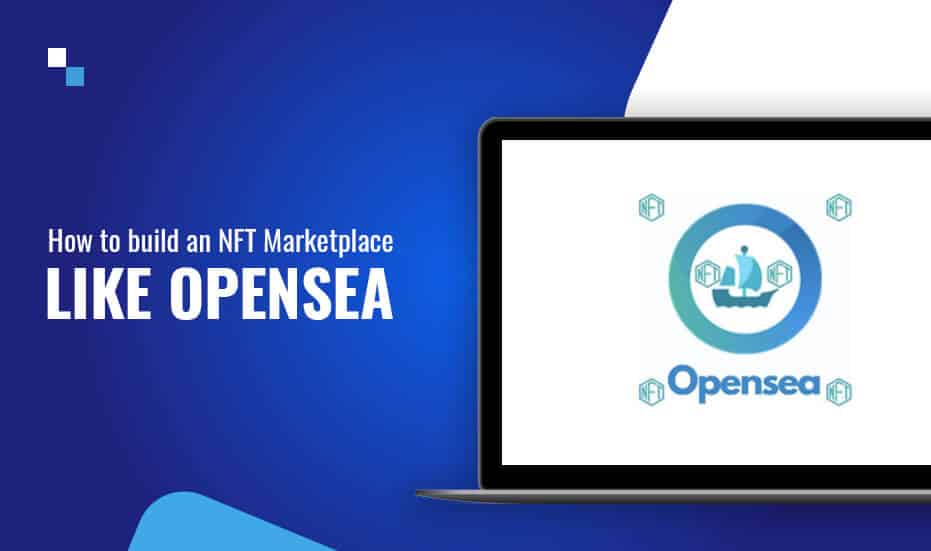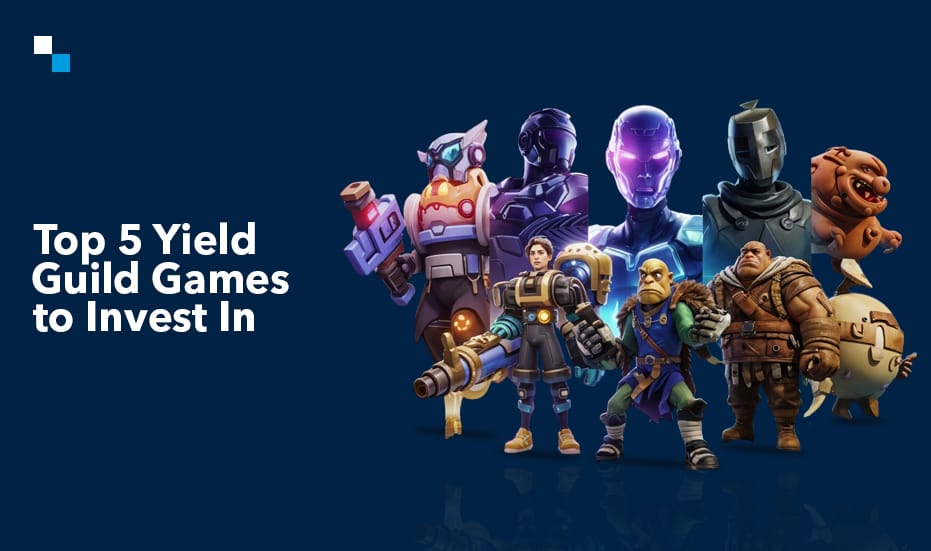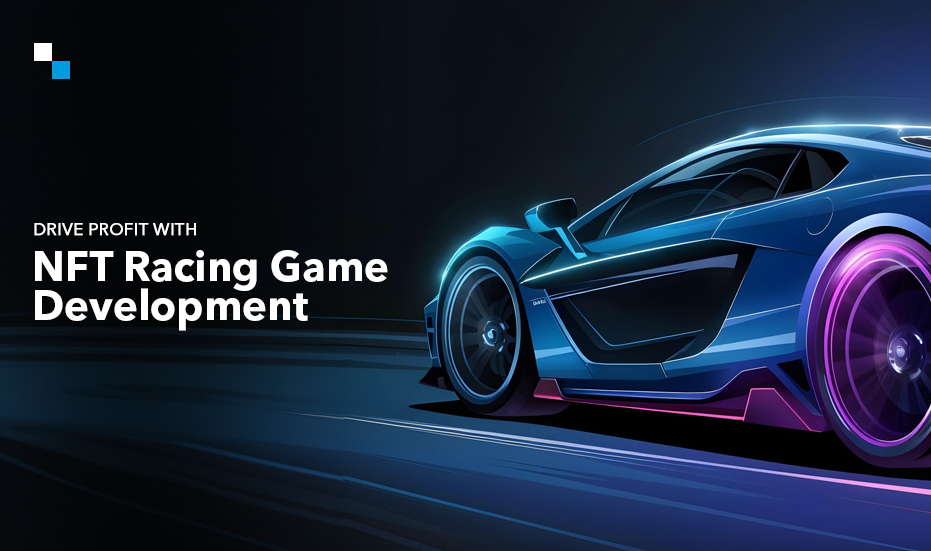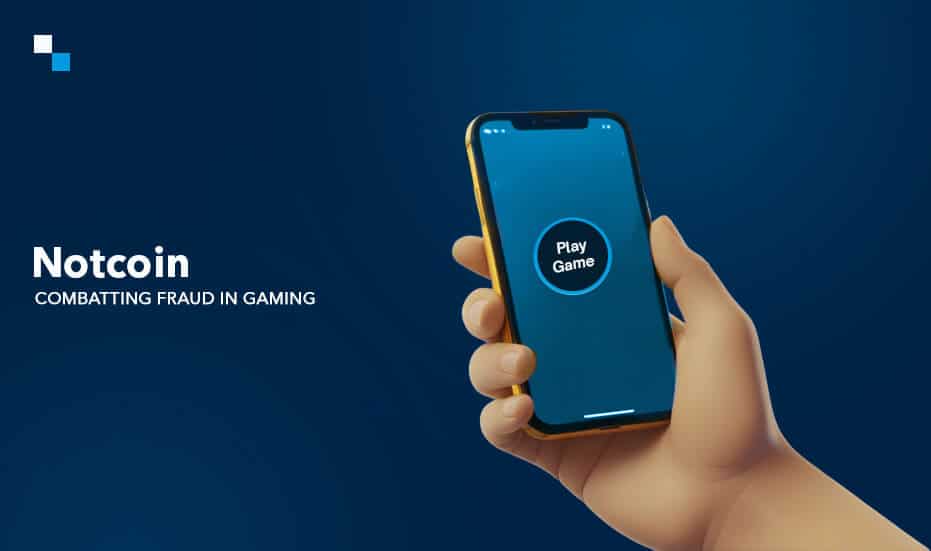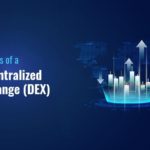
Decentralized Derivatives Exchange Platform Development
September 24, 2021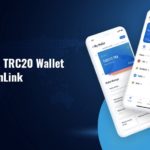
How To Create Your Own TRC20 Wallet Like TronLink | A Complete Guide
September 28, 2021NFTs (non-fungible tokens) is a type of digital asset that can be used to represent real-world assets such as art, music, in-game items, and films. These tokens are based on Ethereum blockchain technology and are one-of-a-kind in that they cannot be replaced by any other value.
NFT token can be regarded digital works of art, such as graphics, photos, photographs, music, and portions in video games, whose worth is expressed in Ethereum or Bitcoin cryptocurrency, whose value is later translated into dollars, if we take a genuine image from the market as an example. Creating their own NFT Marketplace is the hottest trend among entrepreneurs these days. However, building an NFT Marketplace is not an easy task and hiring an expert NFT development service provider is the key to success.
What are the functions of an NFT Marketplace?
- In an auction, the creative, rare, and precious collectibles are physically present.
- The NFT assets, on the other hand, are digitally preserved.
- Copyright restrictions are applied since the digital assets are practically auctioned.
- The highest bidders for the collectible/asset obtain the asset ownership.
- Furthermore, the winning bidder acquires ownership of the digital asset
Build your own NFT Marketplace like OpenSea
Schedule Free DemoUnderstanding OpenSea and how does it work?
Non-fungible tokens from well-known artists as well as amateurs are available for purchase on NFT marketplaces. There are plenty to select from, but OpenSea — the world’s first and largest digital marketplace for crypto collectibles and non-fungible tokens — is one of the most popular. It began operations in 2017 with a $2 million seed round. In April 2021, the company raised an additional $23 million with the support of Andreessen Horowitz’s venture capital fund.
On any sales made through the OpenSea system, NFT sellers pay a 2.5 percent commission. Sellers must first register an account, then create Collections, upload their work, and list it for sale. OpenSea lets two parties securely trade digital objects without the requirement for mutual confidence or a centralized authority. Each NFT’s unique contract is stored on the Ethereum blockchain, which is a peer-to-peer network.
Submit your NFT to OpenSea for approval before selling it.
The default payment method for the OpenSea system is ETH. Sellers, on the other hand, can accept payment in more than 200 cryptocurrencies.
The OpenSea system is available to buyers for free. To get started, simply create an account and browse the NFT collections. If you already have a crypto wallet, connect it and you’re ready to start learning about NFTs. Buyers of NFTs can utilize OpenSea for free.
A buyer’s entire purchase transaction is carried out in Ethereum, a cryptocurrency (ETH). The OpenSea system wraps Ethereum and converts it to ETH (WETH). A buyer who wants to buy an NFT on OpenSea must have a digital wallet with enough ETH or WETH in it to either pay the fixed price for the NFT (if it has one) or pay for the transaction fees.
Before we understand how to build the NFT platform like Opensea, let’s explore what all platforms can be used in the NFT Development process.
How do you create an NFT trading platform like OpenSea?
Now that you know what NFTs are and how OpenSea operates, you can design your own NFT market similar to OpenSea. Here are some basic steps to follow if you want to construct it from the ground up:
- • Choose the best blockchain as per your requirements
- • Determine your target audience
- • Create attractive and easy-to-navigate user interface (UI/UX) for the NFT Marketplace
- • Determine the operating domains
- • Choose Tokens
- • Develop smart contracts
- • Test your marketplace solution and deploy it
Alternatively, you can use the OpeanSea Clone Script. The OpenSea Clone Script is a ready-to-use script for launching your own P2P NFT marketplace.
What frameworks are used to build an NFT Marketplace like OpenSea?
Ethereum
In terms of the NFT market, or non-fungible symbolic turn of events, Ethereum is perhaps the most popular platform. It is easier to demonstrate proprietorship history on Ethereum because transaction history and token information are publicly available. NFTs become compact across things since all Ethereum objects share the same backend. Furthermore, because Ethereum never goes down, tokens will always be ready to trade.
Flow
Flow is a decentralized and fast blockchain built for a new era of digital assets, apps, and games. The platform is widely used to create both NFT marketplaces and NFTs that employ the Cadence programming language.
Tezos
Tezos is an open source blockchain platform for apps and assets supported by a community of manufacturers, experts, and validators. Tezos supports the development of NFT marketplaces and NFTs by utilizing a pre-incorporated FA2 NFT contract written in LIGO smart contract language.
Cardano
Cardano is a blockchain platform that includes the technologies and devices needed to provide decentralized frameworks and applications with unrivaled security and manageability. It also encourages the development of NFTs and other digital assets.
Share Your Needs for a No-Obligation Quote
[widget id=”custom_html-3″]
Key features in Opensea like NFT Marketplace one must gun for
OpenSea provides a plethora of features for easy sale and purchase of NFTs. For successful NFT marketplace development, it is essential to cover all the features provided by OpenSea. If you are planning to build your own NFT marketplace like OpenSea, focus on fortifying the platform with the right features. Here’s a list of the features that should find a place in the initial catalogue:
- An eCommerce storefront
- Advanced Search Help to filter the desired NFT based on different categories such as type, cost, launch, region, scope, and of course the creator
- End-to-end management of catalogue (add/delete/modify) products
- Product descriptions in detail for every NFT on the marketplace
- UX – ease in buying and paying for the chosen NFT. ‘Add to cart features, checkout integrated multiple payment modes and others
- Auction board – building an interactive dashboard to bid for NFTs. Ensuring identity confidentiality, fair auctioning and token supported by all relevant documents.
- Integration with all leading wallets – decentralized as well as centralized. This is the most important feature to consider. Make sure the wallet provides exclusive storage for NFTs.
- Consider providing integration with fiat wallets such as PayPal, Vice, Stripe etc.
- Last but not the least, provide user ratings alongside every NFT.
Consider White Label NFT Marketplace Development
In all honesty, NFT marketplaces are like eCommerce stores dedicated to NFTs. Henceforth, it is a complicated task in hand to build a robust platform and ensure a seamless user experience for blockchain products. That being said, not any developer can provide the required technical expertise. So, if you want to accelerate the process to develop your own NFT marketplace like OpenSea, an OpenSea script is the best pick
At Antier Solutions, we provide world-class NFT marketplace development services for a wide range of business requirements. Our mission-driven solutions effectively cater to your needs – whether you want to build an NFT marketplace app like OpenSea or Rarible, or any other marketplace. In addition, we also specialize in building a custom NFT marketplace platform from the ground up.
Schedule Free Demo oof one of our NFT marketplace development projects or connect with our subject matter experts to share your needs.
